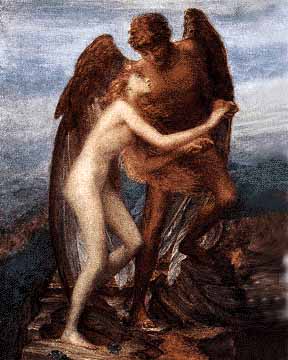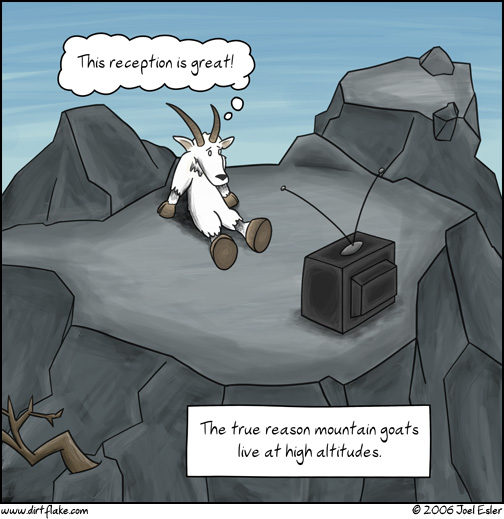I had to take a break from reading Ted Dekker. It isn't that he is a bad author. On the contrary. I think is Circle "Trilogy" is one of the better novel packs I have read in the last 10 years (man, I just dated myself...), but he has typecasted his characters, writing what he knows - strong hero, blushing bride, good vs evil for the epic battle of the heart, and there is usually a redemption story. It just got to the point where I felt Dekker had fallen into a more riveting and slightly less obnoxious [male] version of Christian romance novels. Yes, that is a dangerous claim to make.
 |
| via |
See, Immanuel's Veins did not, in any way at all, keep me interested. I read it for one reason, and one reason only: Dekker played with Russian history and folklore, and as a history and fairy story nutcase, I bit. The characters were not interesting to me. They were typical caricatures for a Dekker novel, and I was disappointed because I had hoped for more. Disappointment number one.
The characters all ended up in this creepy gothic castle where this beastly vampire-esque Vlad posed as the super lover, revealing himself to be the evil foil to our hero, Toma. But it got really weird when Dekker started weaving in Biblical mythology of Nephilim (Genesis 6) with his gothic Russian set plot. For his fictional purposes, Dekker suggested that the Nephilim were wicked creatures who came to be known in modern literature and story as ...wait for it...vampires. Disappointment number two.
 |
| via |
I can understand why Dekker did it, though. Immanuel's Veins was published during the final stretch of the Twilight mania. It was released in the USA in 2010, the same year Summit Entertainment put out Eclipse, the third installment of the Twilight movie saga. Further, interlacing Nephilim mythology with Vampire folklore opened up the 'paid in blood, cleansed in baptismal water' theme that Dekker likes so much. After all, how else was he going to get away with seduction scenes and true love at the point of a savior (without it sounding too much like a Bella/Edward/Jacob situation)?
I have to give Dekker credit where credit is due. He wrote the story he is good at. Repetative and anti-climactic as it is becoming at this point in his literary career, it does sell. What worries me, though, is that Dekker won't ever take chances on something new. He is no Kurt Vonnegut, David Foster Wallace, or Julian Barnes. He knows this. But he has the potential to be. I'm tired of reading books by Dekker and reading the same story over and over and over again. His peak was the Circle series. I hope he finds something to redeem his writers career, because I believe he shows promise.
Was Immanuel's Veins the best piece of English Literature that I've read? No. But that's okay. I'm just glad his vampires didn't sparkle in the sunlight.




